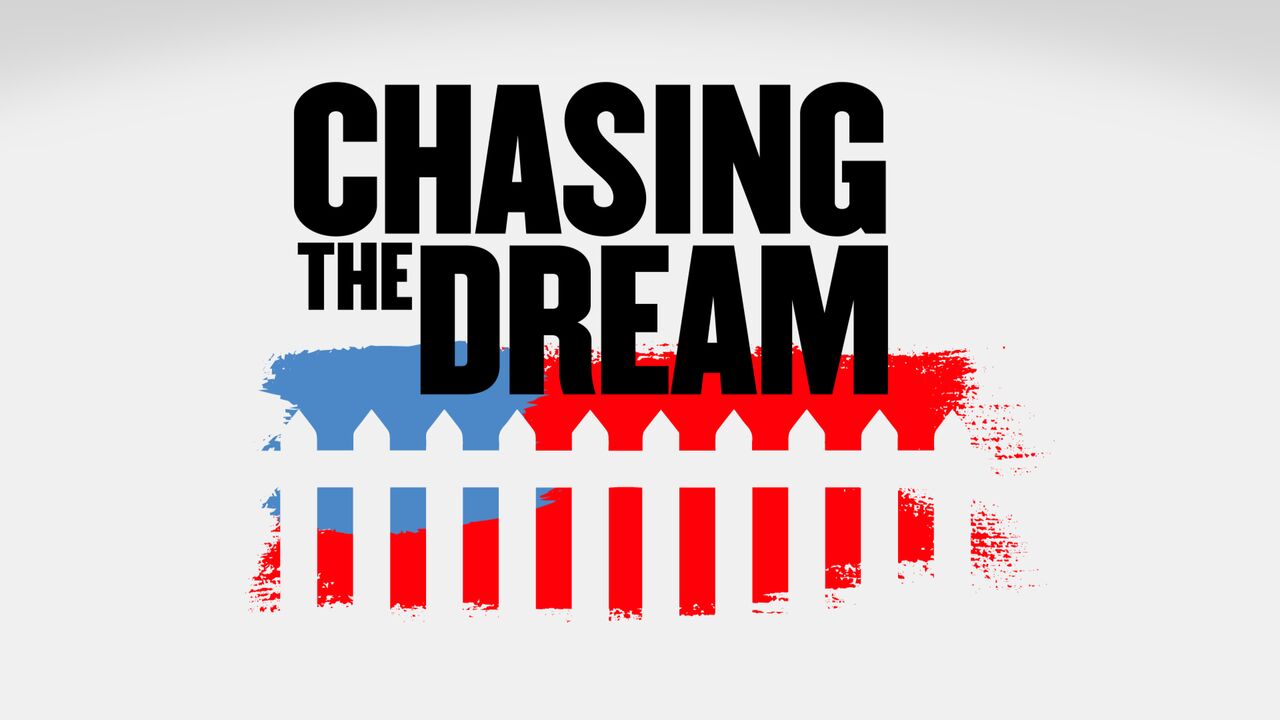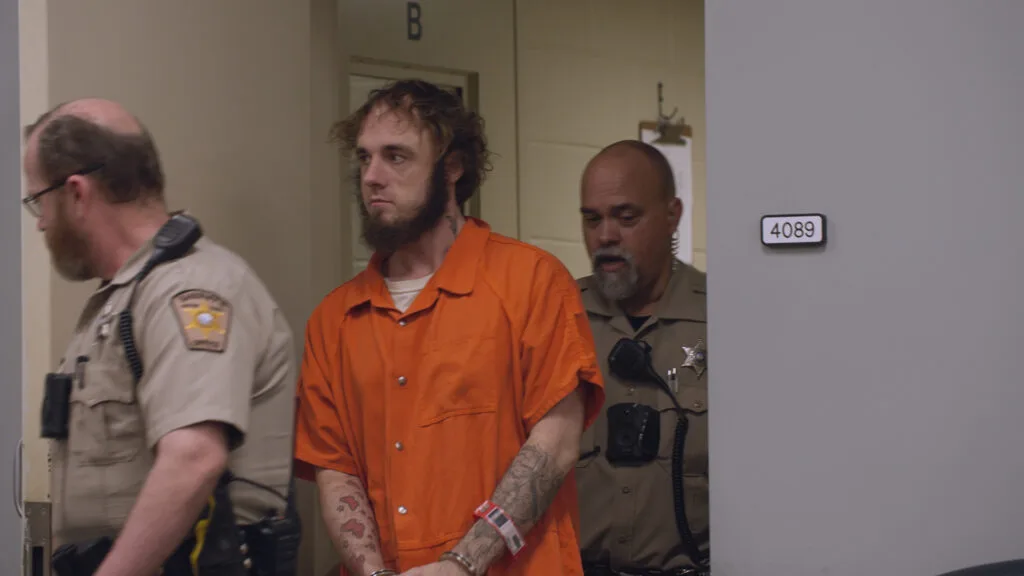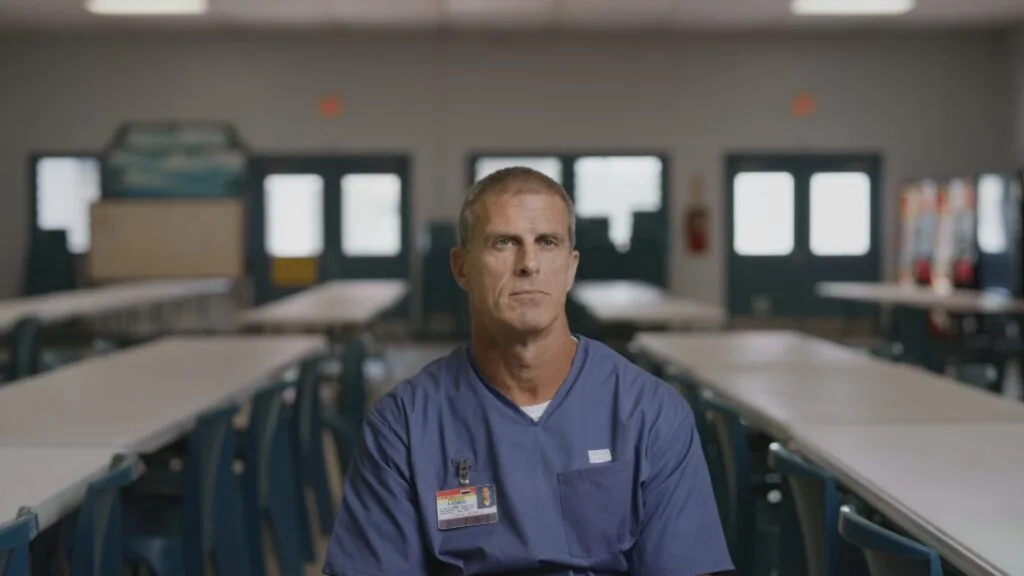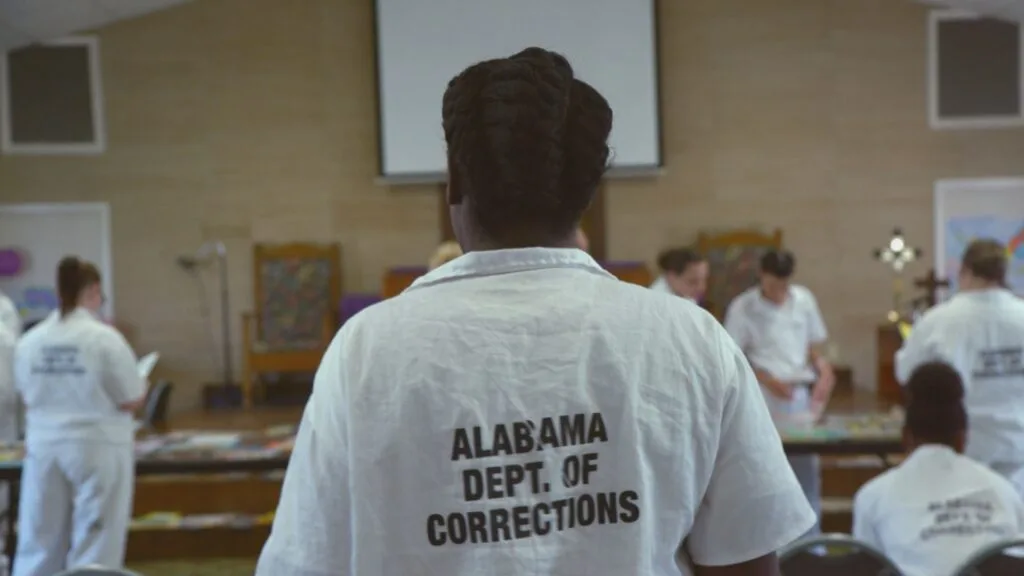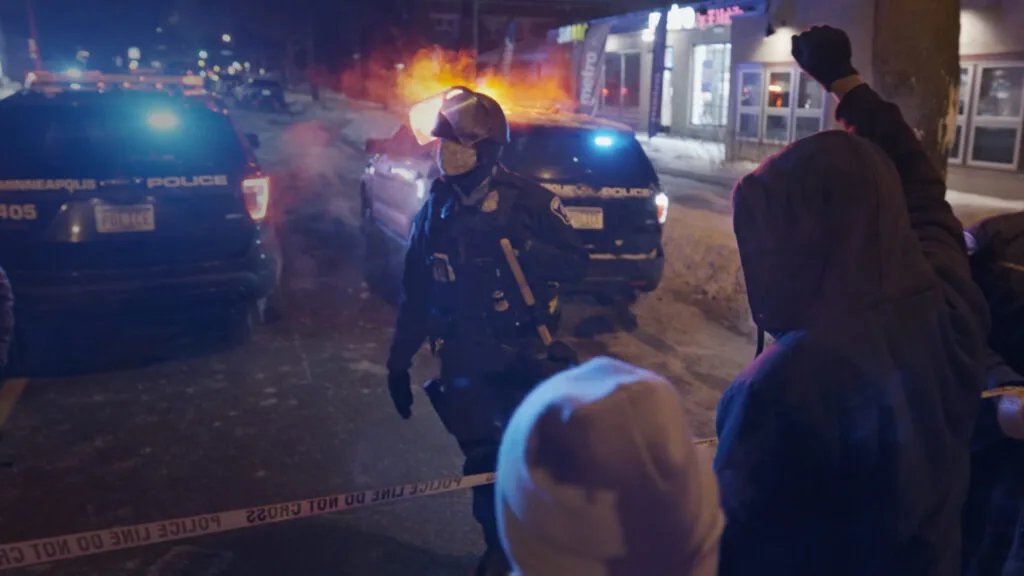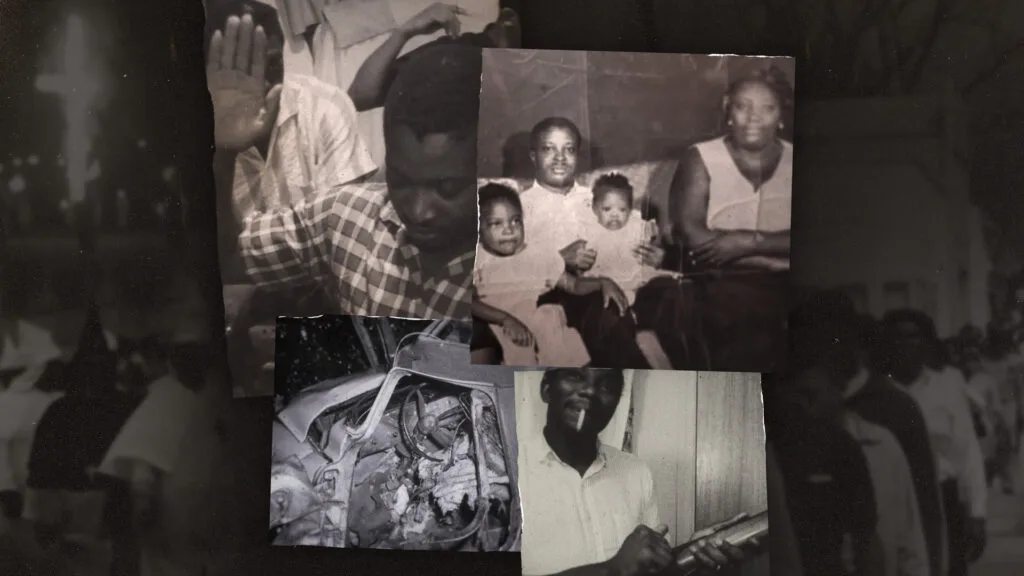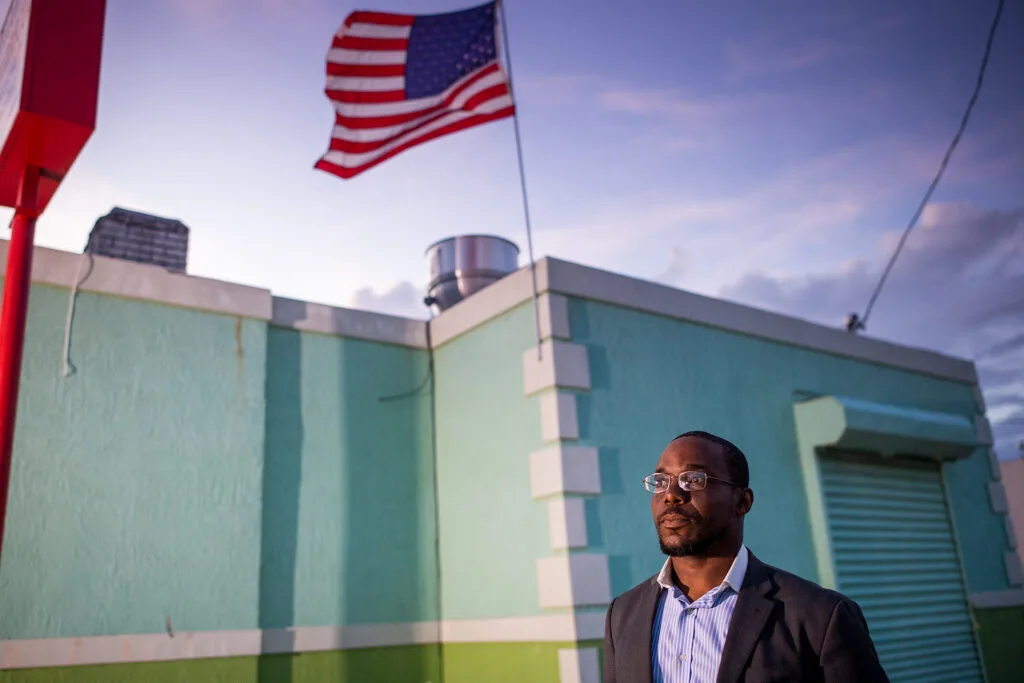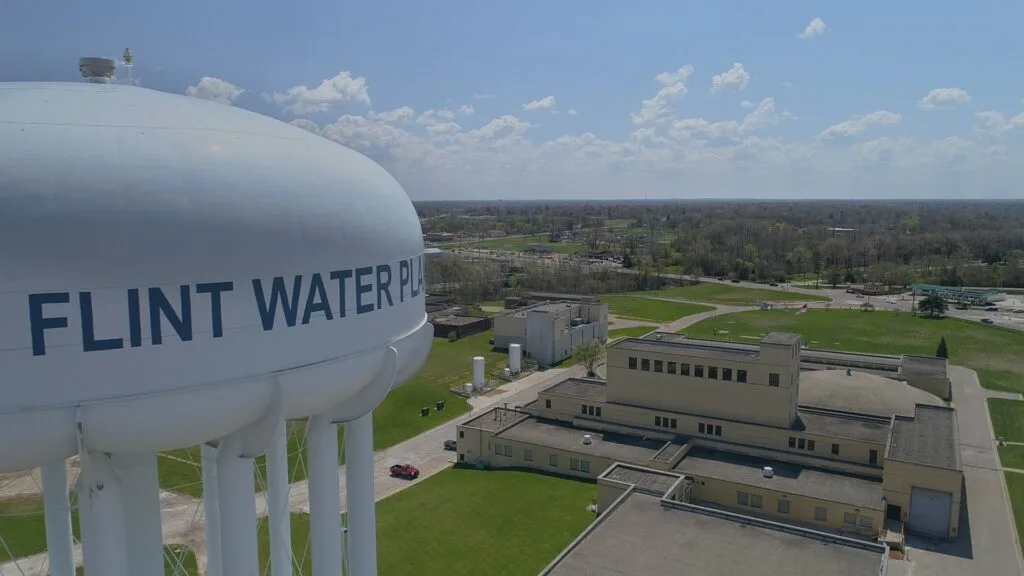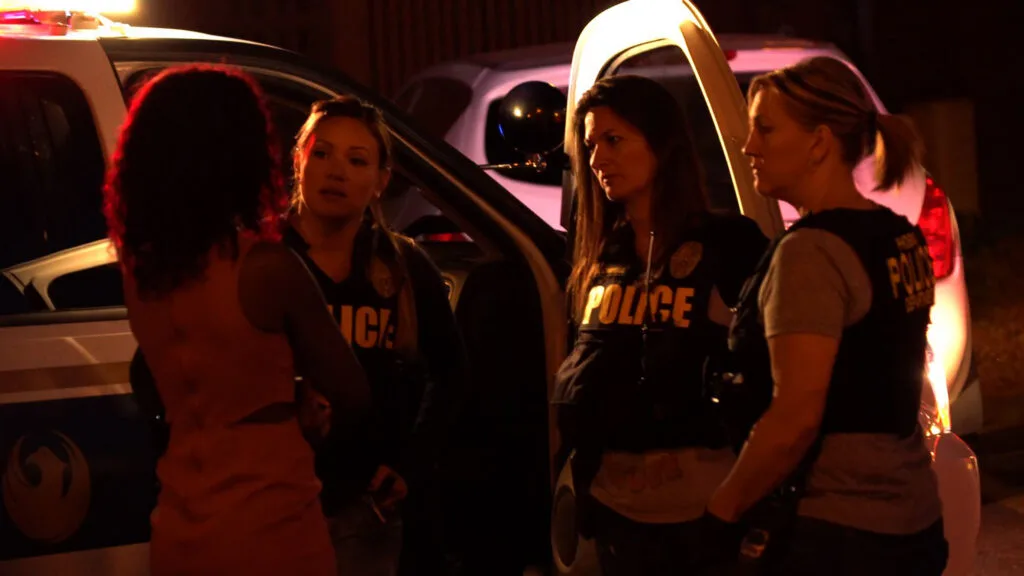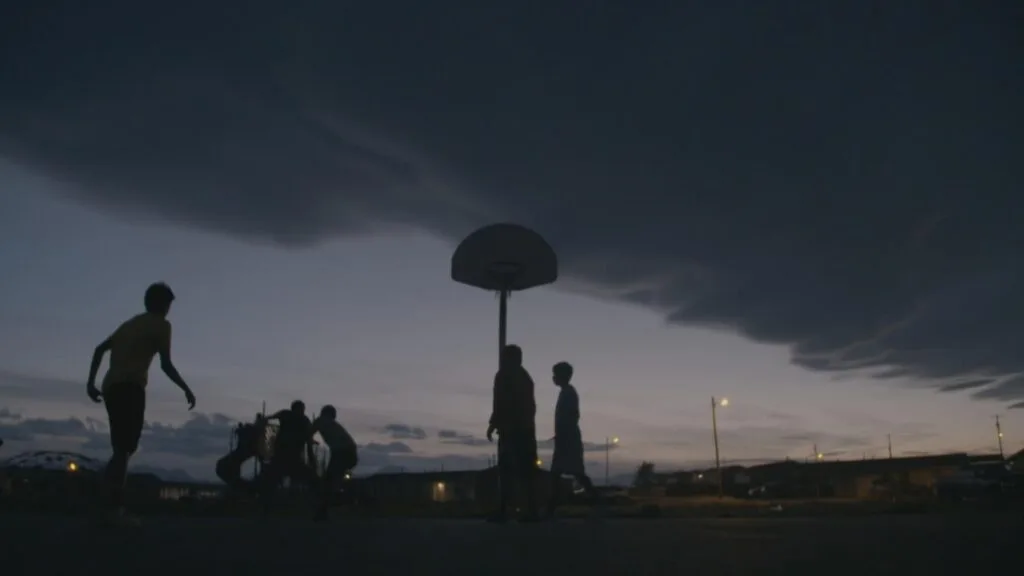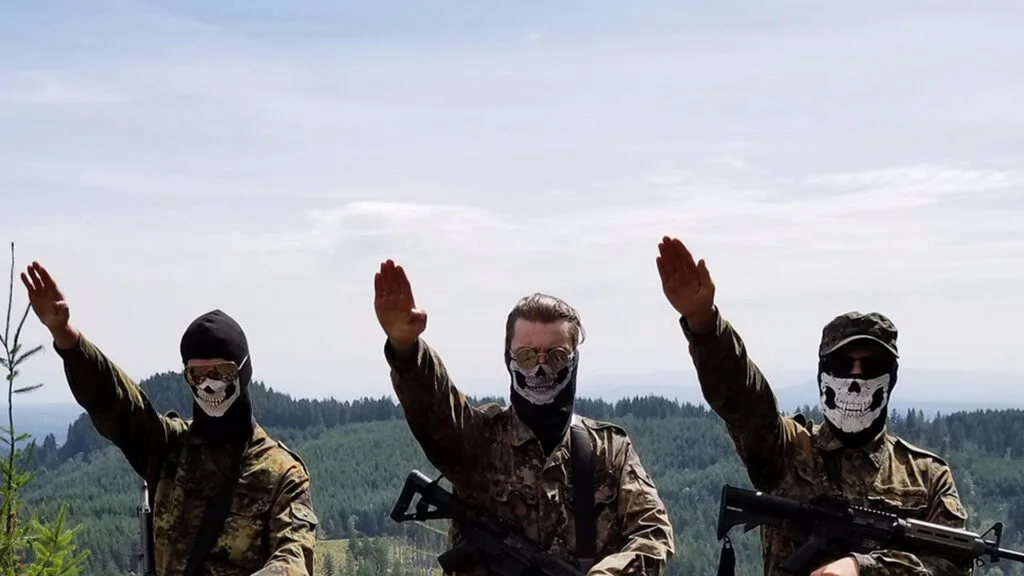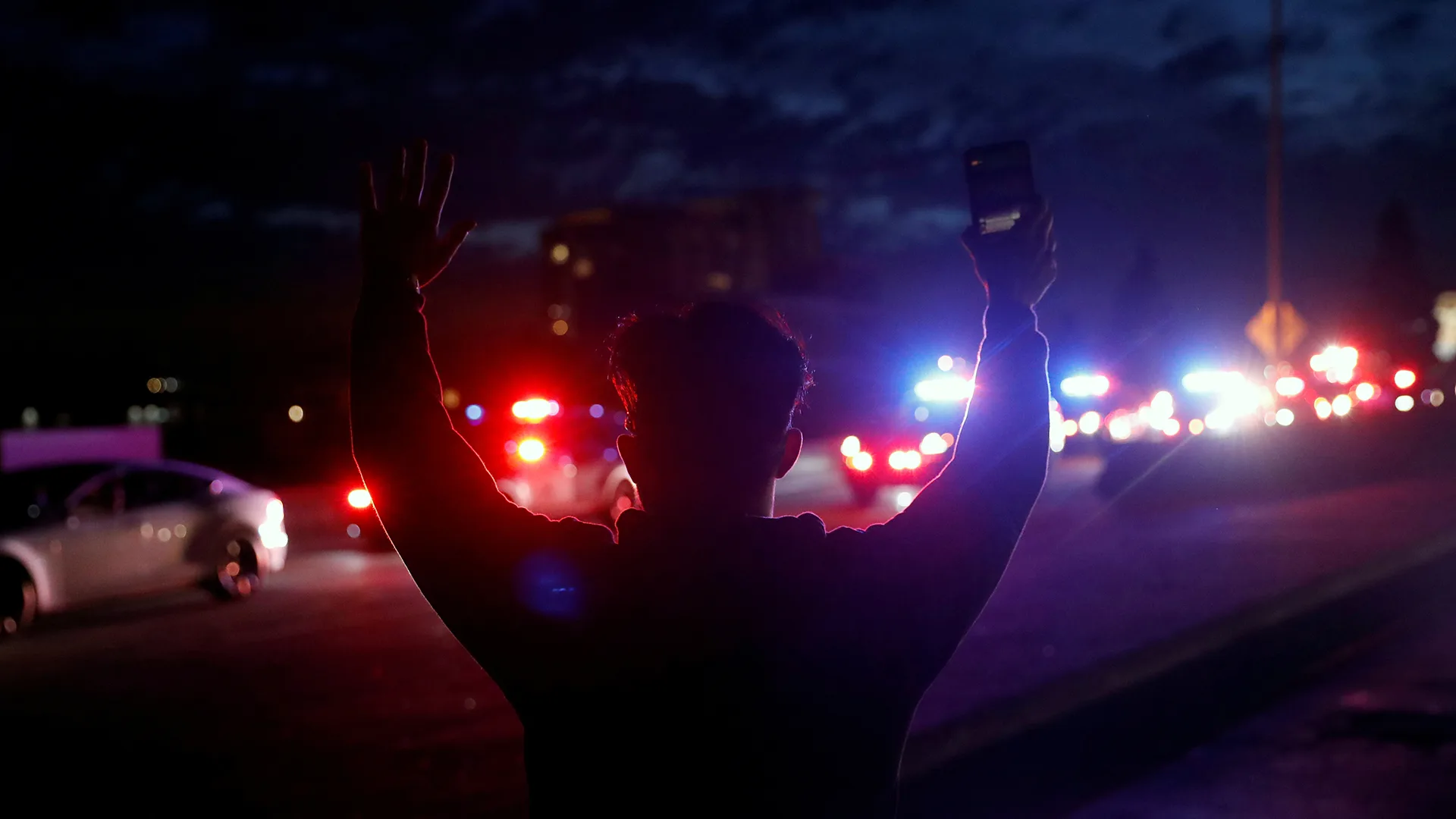A Newark Officer Was Filmed Punching Someone. Jelani Cobb Asked a Police Union Head If It Was Justified.
September 15, 2020
Share
In partnership with:
This summer, against the backdrop of a pandemic that is disproportionately killing Black people, anguish and anger over the police killings of George Floyd and Breonna Taylor spilled into America’s streets.
To historian and New Yorker writer Jelani Cobb, the outpouring was a reckoning with a stark fact: “In this country,” he says, “race is shorthand for a set of life probabilities. The odds are different in Black America — of dying of COVID. Of being poor. Of being incarcerated. Of being abused, or even killed, by the police.”
When it comes to policing, what will it take to change those odds? How have earlier efforts at reforming troubled departments worked? And why has it been such a struggle to hold officers accountable for using excessive force — and even to agree on what constitutes it?
Cobb explores these questions in a new FRONTLINE documentary premiering Tuesday, Sept. 15. Four years after the 2016 film Policing the Police — in which Cobb went inside the Newark, New Jersey, police department, as the federal government imposed reform over civil rights violations — Cobb returns to the city to see how policing in Newark has changed in Policing the Police 2020.
As part of that process, Cobb sat down over the summer with James Stewart Jr., the head of Newark’s largest police union — which has fiercely resisted calls for civilian oversight of police, one proposed solution to addressing police brutality — and had a candid conversation about when the use of force is justified.
“Maybe why so many cops are not convicted, which is, you know, part of the uproar, is because they actually acted within their rights and within the law based on what occurred at that time,” says Stewart, who is president of the New Jersey Fraternal Order of Police Lodge #12.
Indeed, the U.S. Supreme Court has established that an officer can use force if they believe there’s a threat to their own life or the lives of others. Activists have criticized existing standards and accountability mechanisms, saying they allow officers to operate with near-impunity.
In the above excerpt from the film, Cobb plays Stewart a cell phone video, filmed in May, that shows a Newark officer repeatedly punching a man in the course of responding to a disturbance. The incident is currently under investigation. At the time of its release, Newark Mayor Ras Baraka called the video “extremely troubling” and said the officer’s actions were “extremely counter to the kind of police force we demand to have in Newark.”
Stewart sees it differently.
Watch the clip to see cell phone video of the encounter, Stewart’s reaction and his ensuing debate with Cobb. Their conversation provides a window into the complexities involved in the push for police accountability.
When Cobb asks Stewart whether police officers should be allowed to use force in situations like the one captured on the video, Stewart is incredulous: “How could we not?”
“I think the debate that we’re having here is that many people would say that the fact that it’s legal doesn’t mean that it’s right,” Cobb says about the use of force.
Stewart is insistent.
“The police aren’t going out there just looking for violent encounters or looking to, you know, physically impose their will on people,” Stewart tells Cobb. “What does a cop want? We want to come to work, do our job and go home. We want a positive interaction with the community. But, you know, everybody’s piling on, everybody’s against you. There’s protests or rallies all the time, anti-police this, anti-police that. You know, it’s a difficult atmosphere to want to be a part of in 2020.”
For the full story, watch Policing the Police 2020 when it premieres Tues., Sept. 15. The documentary will be available to watch in full at pbs.org/frontline and in the PBS Video App starting that night at 7/6c. It will premiere on PBS stations (check local listings) and on YouTube at 9/8c. The documentary is supported by Chasing the Dream, a public media initiative from The WNET Group in New York that examines poverty, justice and economic opportunity in America.

Related Documentaries
Latest Documentaries
Related Stories
Related Stories
Explore
Policies
Teacher Center
Funding for FRONTLINE is provided through the support of PBS viewers and by the Corporation for Public Broadcasting, with major support from Ford Foundation. Additional funding is provided the Abrams Foundation, Park Foundation, John D. and Catherine T. MacArthur Foundation, Heising-Simons Foundation, and the FRONTLINE Trust, with major support from Jon and Jo Ann Hagler on behalf of the Jon L. Hagler Foundation, and additional support from Koo and Patricia Yuen. FRONTLINE is a registered trademark of WGBH Educational Foundation. Web Site Copyright ©1995-2025 WGBH Educational Foundation. PBS is a 501(c)(3) not-for-profit organization.
